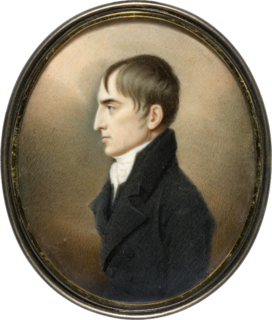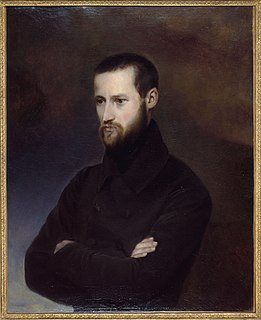A Quote by Pericles
For heroes have the whole earth for their tomb; and in lands far from their own, where the column with its epitaph declares it, there is enshrined in every breast a record unwritten with no tablet to preserve it, except that of the heart.
Related Quotes
The term 'epitaph' itself means 'something to be spoken at a burial or engraved upon a tomb.' When an epitaph is a poem written for a tomb, and appears in a book, we are aware that we are not reading it in its proper form: we are reading a reproduction. The original of the epitaph is the tomb itself, with its words cut into the stone.
In reality, there is a single integral community of the Earth that includes all its component members whether human or other than human. In this community every being has its own role to fulfill, its own dignity, its own inner spontaneity. Every being has its own voice. Every being declares itself to the entire universe. Every being enters into communion with other beings.
In every phase of our imaginative, aesthetic, and emotional lives we are profoundly dependent on this larger context of the surrounding world.
The earth belongs to the living. No man can, by natural right, oblige the lands he occupied or the persons who succeed him in that occupation, to the payment of debts contracted by him. For if he could, he might, during his own life, eat up the use of the lands for several generations to come, and then the lands would belong to the dead, and not to the living. No generation can contract debts greater than may be paid during the course of its own existence.
Every flyer who ventures across oceans to distant lands is a potential explorer; in his or her breast burns the same fire that urged the adventurers of old to set forth in their sailing-ships for foreign lands. Riding through the air on silver wings instead of sailing the seas with white wings, he must steer his own course, for the air is uncharted, and he must therefore explore for himself the strange eddies and currents of the ever-changing sky in its many moods.
"Let there be no inscription upon my tomb. Let no man write my epitaph. No man can write my epitaph. I am here ready to die. I am not allowed to vindicate my character; and when I am prevented from vindicating myself, let no man dare calumniate me. Let my character and motives repose in obscurity and peace, till other times and other men can do them justice.







































